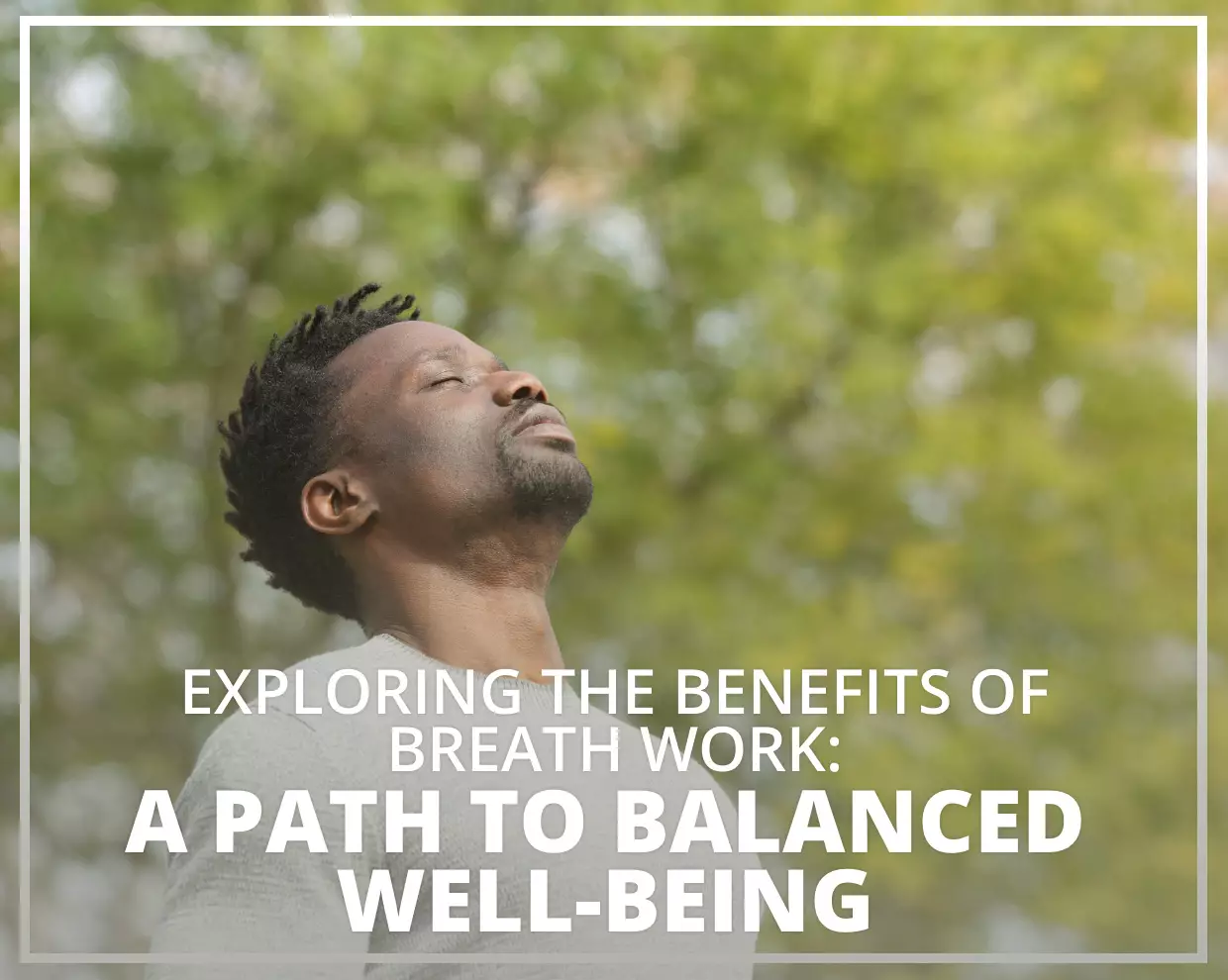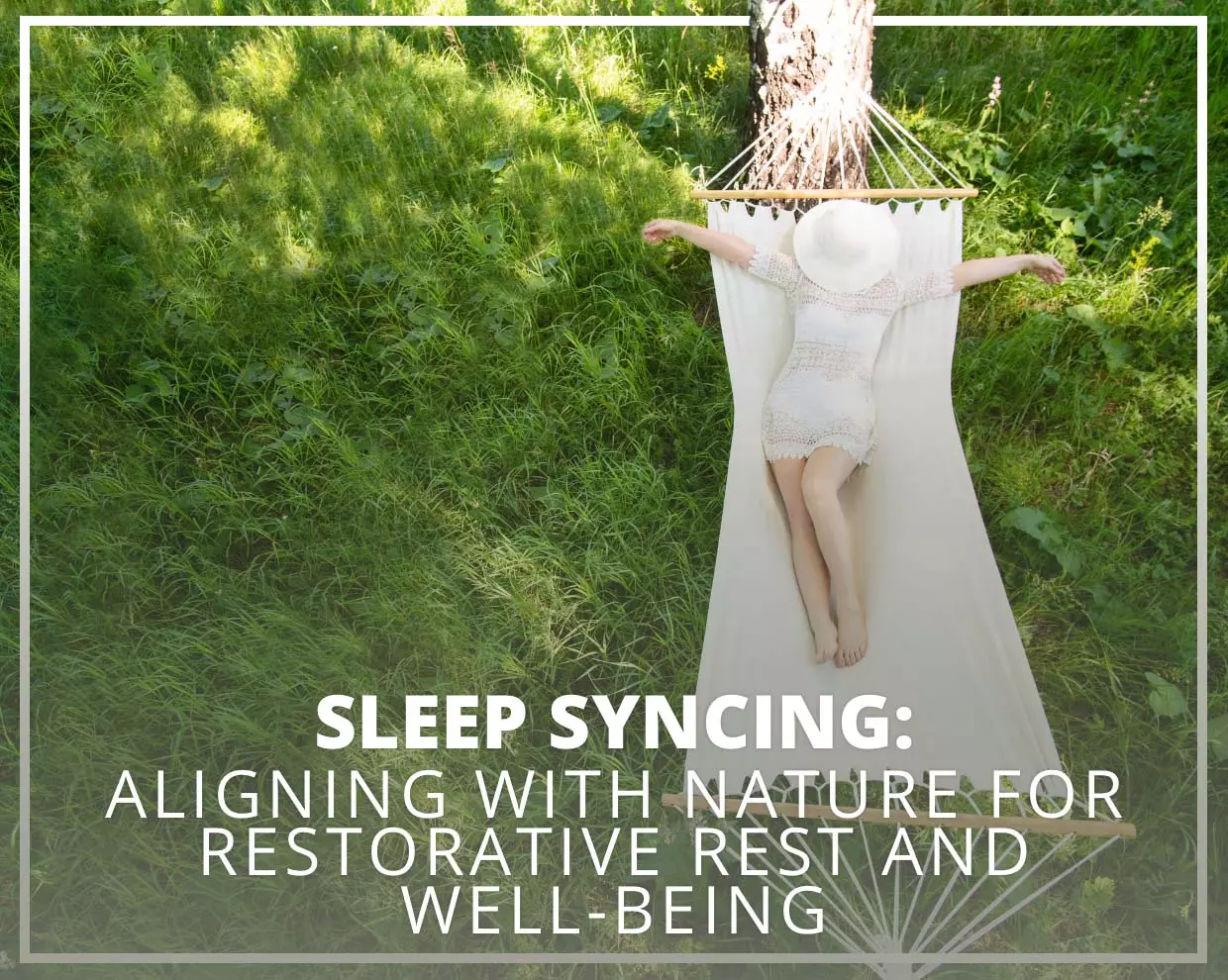In our quest for wellness, ancient practices like breath work have resurfaced, offering a timeless solution to modern-day stressors. This article delves into the benefits of breath work, supported by scientific insights, and explores how complementary practices and products might support these benefits.
The Essence of Breath Work
Breath work, the art of consciously manipulating breathing patterns, serves various mental, emotional, and physical purposes. From deep breathing to structured techniques like Pranayama, it's a practice steeped in history yet relevant in today's fast-paced world.
In many ancient cultures, breath has been synonymous with life force. The practice of Pranayama in yoga, for instance, is more than just a breathing exercise; it's a spiritual discipline aimed at mastering the life force (Prana). The Yoga Sutras of Patanjali, a foundational text of yoga philosophy, emphasise the importance of mastering breath to achieve a higher state of consciousness or “Samadhi”. [1]
Modern science has begun to unravel the mechanisms behind the effectiveness of breath work. A systematic review published in 'Frontiers in Human Neuroscience' titled “How Breath-Control Can Change Your Life: A Systematic Review on Psycho-Physiological Correlates of Slow Breathing” by Andrea Zaccaro et al., highlights the psycho-physiological changes associated with breath work. The review found that slow breathing techniques (less than 10 breaths per minute) significantly impact the autonomic and central nervous systems, as well as psychological status. [2]
The review by Zaccaro et al. (2018) indicates that slow breathing techniques promote autonomic changes, increasing Heart Rate Variability (HRV) and Respiratory Sinus Arrhythmia, paralleled by modifications in Central Nervous System (CNS) activity. EEG studies within the review show an increase in alpha and a decrease in theta power, suggesting a relaxed yet alert state. Furthermore, the only available fMRI study in the review highlights increased activity in cortical (e.g., prefrontal, motor, and parietal cortices) and subcortical (e.g., pons, thalamus) structures during slow breathing practices.
The review also notes psychological and behavioral changes related to slow breathing, including increased comfort, relaxation, pleasantness, vigour, and alertness, and reduced symptoms of arousal, anxiety, depression, anger, and confusion. These findings suggest that breath work may be a valuable tool for managing stress and supporting a balanced mental well-being.
Mental Clarity and Focus
Have you ever noticed how a few deep breaths can clear your mind? Breath work is renowned for its potential to support healthy mental clarity and focus. Studies suggest that regular breathing exercises might improve concentration and reduce cognitive stress, offering a natural way to sharpen the mind. [3]
Stress Reduction and Emotional Regulation
In our high-stress society, finding natural ways to manage stress is crucial. Breath work, with its calming effects, might be a key player in this. Complementing this with natural relaxation aids, such as herbal teas or essential oils, could further support emotional balance.
Enhancing Mindfulness and Self-Awareness
Breath work is more than a physical practice; it's a gateway to mindfulness and self-awareness. By focusing on our breath, we anchor ourselves in the present moment, a fundamental aspect of mindfulness. Creating a tranquil environment, perhaps with soft lighting or calming music, can support this journey.
Physical Health Benefits
While direct health claims are beyond the scope of this article, it's worth noting that breath work, coupled with practices like regular magnesium intake or using blue light blocking strategies in the evening, might support physical health, particularly in improving sleep quality.
Breath Work in Practice
Incorporating breath work into daily life, alongside complementary practices, can offer a holistic approach to well-being. Whether it's through natural sleep aids before bedtime or creating a restful environment, the combination can be powerful.
The journey of breath work is a personal and transformative one. It stands as a testament to the power of ancient practices in modern times. By exploring breath work and complementary natural practices, we open doors to improved well-being, emotional balance, and a deeper connection with ourselves. Why not embark on this journey and see where it takes you?
Are you seeking to support your journey towards better sleep and relaxation? Explore a curated selection of products designed to complement your wellness routine. From natural sleep aids to tools for creating a serene atmosphere, find what you need to transform your rest and relaxation experiences.
Dive into our collection and take the first step towards more peaceful nights and relaxed days.
References:
1 The Yoga Sutras of Patanjali
2 How Breath-Control Can Change Your Life: A Systematic Review on Psycho-Physiological Correlates of Slow Breathing
3 Meditation and Breathing Exercises Can Sharpen Your Mind

 UK Store
UK Store  NZ Store
NZ Store AU Store
AU Store EU Store
EU Store























